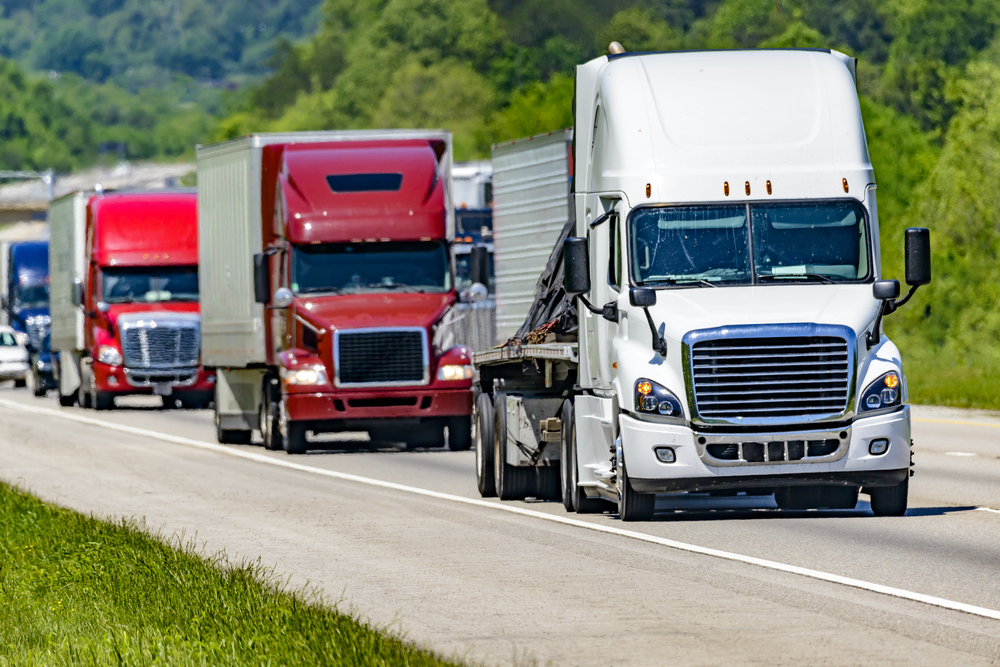
The country’s leading trucking industry advocacy organization recently came out swinging over lawmakers’ failure to fix an economic obstacle to companies buying new, cleaner tractors.
Leaders at the American Trucking Associations (ATA) touted freight transportation wins that include cutting nitrogen oxides and particle matter emissions by 99 percent, effectively eliminating sulfur dioxide, and being on track to reduce CO2 by 1.37 billion metric tons by 2027. It appears the trucking industry has performed admirably regarding environmental sustainability in recent years.
But the fly in the ointment, according to the ATA, continues to be a failure by lawmakers to repeal a federal excise tax (FET) on heavy-duty commercial vehicles. Introduced in 1917 by California Rep. Doug LaMalfa, the excise tax was initially adopted to help defray the cost of World War I. Like any tax-and-spend mechanism, the federal government never tapped the brakes on this money train. After more than a century, FET has become something of an obstacle for owner-operators and fleets wishing to upgrade to more energy-efficient, clean-burning diesel engines.
The measure taxes trucking industry businesses that purchase late-model tractors. A lingering problem with FET is that it imposes too high a cost for trucking operations to compete in a tight market. The WWI excise tax has remained at 12 percent for more than 100 years, periodically depressing the heavy-duty commercial motor vehicle market. The following are the ATA’s 2023 FET cost estimates.
- FET adds approximately $20,400 to the price tag of a $170,000 new-generation, clean-diesel tractor.
- For a $425,000 zero-emission battery-electric tractor – which is already a cost-prohibitive price point for most fleets – the FET tacks on an extra $51,000 in cost.
The result has been owner-operators and fleets keeping models built before 2010 in service. That was the year technological advancements helped introduce catalytic reductions and improved filtration. A truck made before 2010 emits as much as ten times more pollutants than a newer model. Unfortunately, the FET has contributed to freight transportation outfits holding onto pre-2010 tractors at a rate of 47 percent nationally. In California — where the most stringent emissions are being rolled out—about 53 percent of semis were made before 2010.
Industry leaders have long advocated for Congress to repeal the highest excise tax on any good in the country. The ATA has thrown its support behind the Modern, Clean and Safe Trucks Act, which would effectively eliminate the onerous tax. The move, according to the ATA, would incentivize buying newer, cleaner, and greener heavy-duty trucks.











Leave a Comment